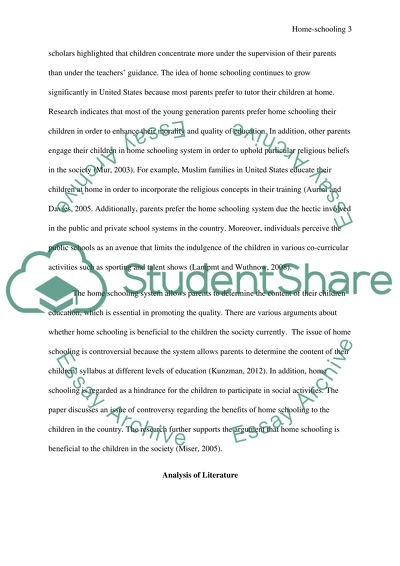Cite this document
(“Controversial issues in education - Is home education beneficial for Essay”, n.d.)
Retrieved from https://studentshare.org/education/1679894-controversial-issues-in-education-is-home-education-beneficial-for-children
Retrieved from https://studentshare.org/education/1679894-controversial-issues-in-education-is-home-education-beneficial-for-children
(Controversial Issues in Education - Is Home Education Beneficial for Essay)
https://studentshare.org/education/1679894-controversial-issues-in-education-is-home-education-beneficial-for-children.
https://studentshare.org/education/1679894-controversial-issues-in-education-is-home-education-beneficial-for-children.
“Controversial Issues in Education - Is Home Education Beneficial for Essay”, n.d. https://studentshare.org/education/1679894-controversial-issues-in-education-is-home-education-beneficial-for-children.


